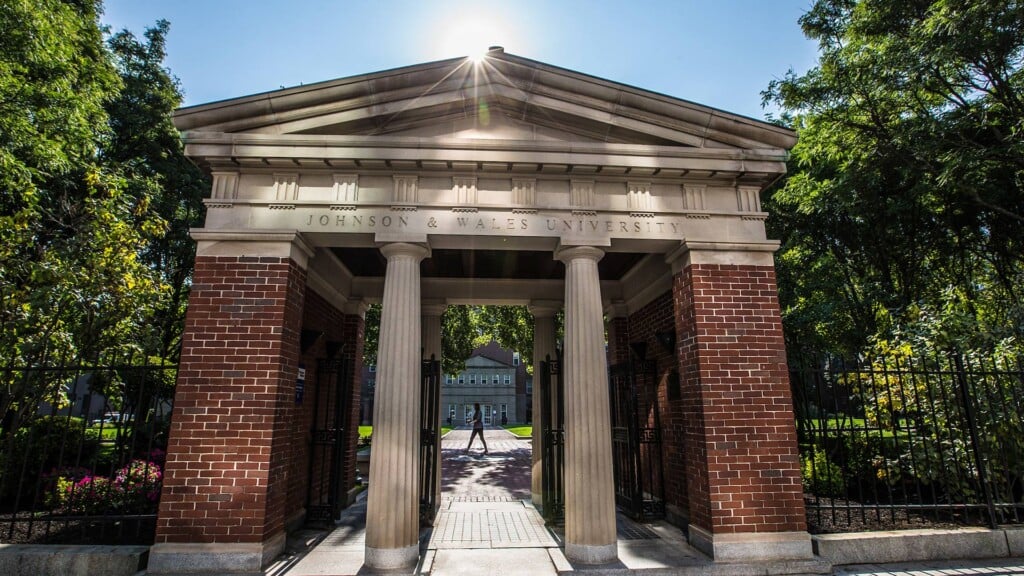The Suffragette of Bellevue
An ornate tea house carries hints of its former mistress’ political life.

A suffrage rally at Marble House in 1914. Photo courtesy of the Preservation Society of Newport County
For many years, historians interpreted the Chinese Tea House at Marble House, commissioned by Alva Belmont (formerly Vanderbilt) in 1912, as an architectural whim, a flight of fancy by a wealthy socialite. However, new research by the Preservation Society of Newport County reveals the structure likely had a closer connection with Alva’s suffrage activities than was first thought.

Alva Vanderbilt Belmont commissioned the Chinese Tea House at Marble House in 1912. Photo courtesy of the Preservation Society of Newport County
After her divorce from her first husband and the death of her second in 1908, Alva became an avid suffragist, hosting rallies at Marble House and attending meetings in New York. In 1912, American women heard accounts that their counterparts in China had gained the right to vote. The news was not quite accurate — Chinese women would not gain full suffrage for nearly four decades — but they were nevertheless inspired, and Alva was one of several women who spoke alongside Chinese activists at suffrage meetings in New York.
“What I was interested in was the fact that she chose to build the tea house in 1912, a year that Professor [Cathleen] Cahill, [historian at Penn State University,] called the ‘year of the Chinese suffragist,’” says Nicole Williams, curator of collections for the Preservation Society.
As it turns out, two of the panels decorated with Chinese characters inside the tea house feature sayings about the power of women, likely selected by Alva from a book of Chinese proverbs. Williams plans to showcase the findings in a new exhibit at Rosecliff next fall. The exhibit will also discuss the lives of Chinese Americans who had a small but thriving business community in Newport at the time.
“It’s not just to picture Alva Vanderbilt like that, but to shift a spotlight toward these Chinese women in the United States who were fighting for their political rights as well and fighting for rights as Chinese Americans,” she says. “They weren’t just interested in suffrage, they were interested in bettering the lives of Chinese women and children.”
Alva’s legacy continues to live on: In the HBO show “The Gilded Age,” filmed in Newport starting in 2021, the strong-willed Bertha Russell is inspired by Alva. Academy Award-winning show creator Julian Fellowes revealed the connection while visiting Newport last summer.
“Bertha is completely Alva,” he said during an event sponsored by the Preservation Society. “This was a woman who meant business. Nowadays, of course, she’d be the American ambassador to the UN or something, but that wasn’t available to her, so she moved on to the stage that was — which was social, the society stage. And dominated it and ran it.
“You can see in that, I think, the modern woman she would’ve been if the whole thing had taken place 100 years later,” he added.






















